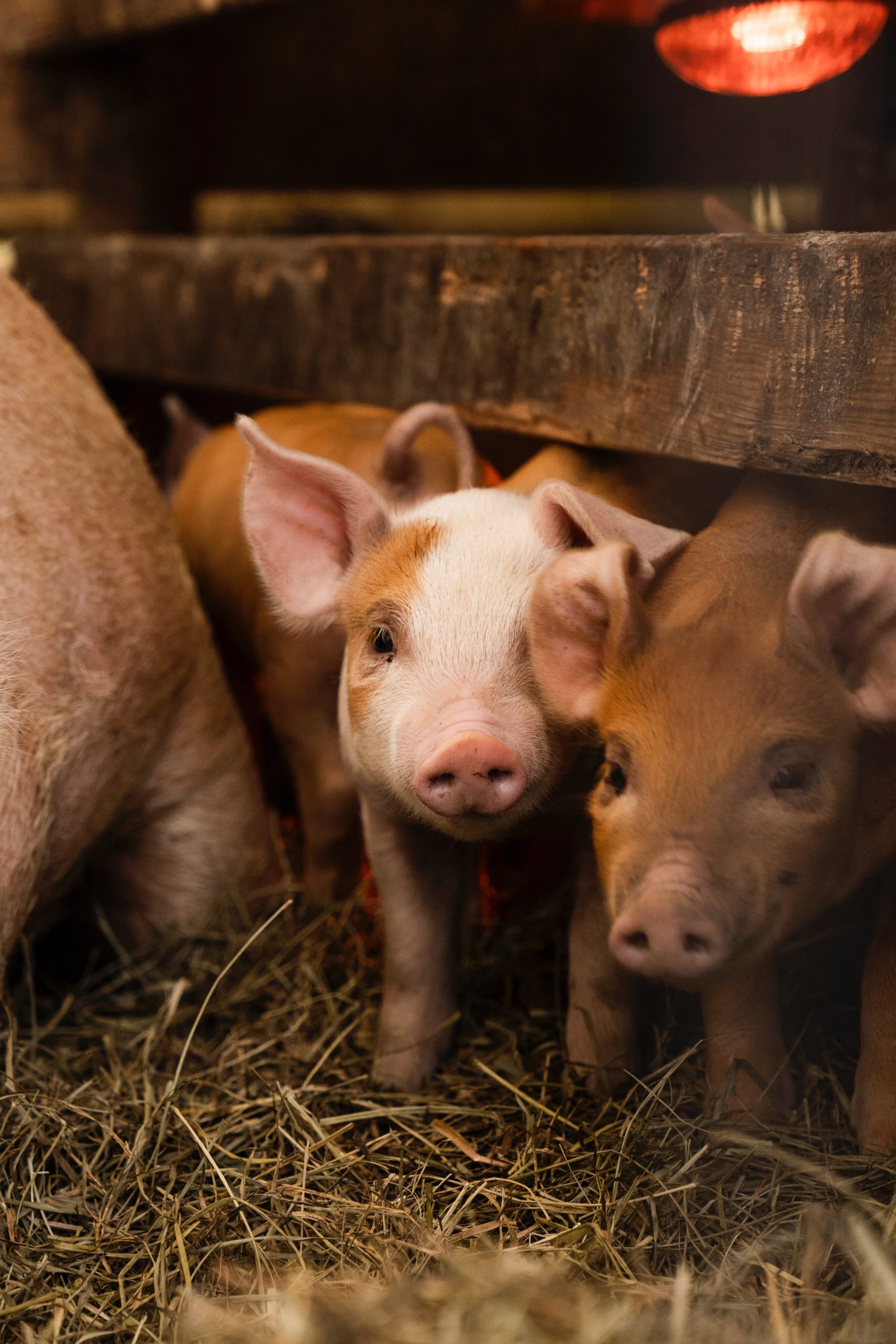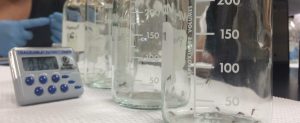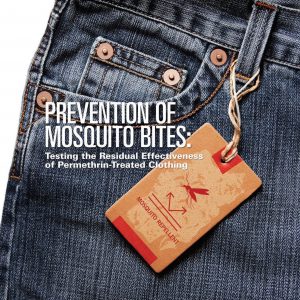Mosier SL, Iverson G and Humphrey C (2022). Steppingstones for Ecological Modernization: A Case Evaluation of ESTs for Hog (Sus domesticus) Production. Agricultural Research (epub ahead of print). doi:10.1007/s40003-022-00632-9
Abstract
This paper focuses on the adoption and outcomes of environmentally superior technologies (ESTs) for hog (Sus domesticus Erxleben) Butler Farms in Harnett County, North Carolina. The farm has implemented several technologies that either generate a profit or off-set costs associated with production. Overall, ESTs represent a method for ecologically modernizing the industry by addressing and internalizing the costs of negative environmental externalities through a reorientation of economic and environmental dynamics of production. The case of Butler Farms identifies the challenges and barriers in adopting more sustainable technologies and management practices for concentrated animal feeding operations (CAFOs) in the current political and economic environment. Moving production towards more sustainable operations will require reorientation of expectations from both operators and consumers. Operators are willing to adopt new technologies; however, a major concern centers on who bears the cost of implementing ESTs, which remains a barrier to ecologically modernizing CAFOs and other livestock operations.




